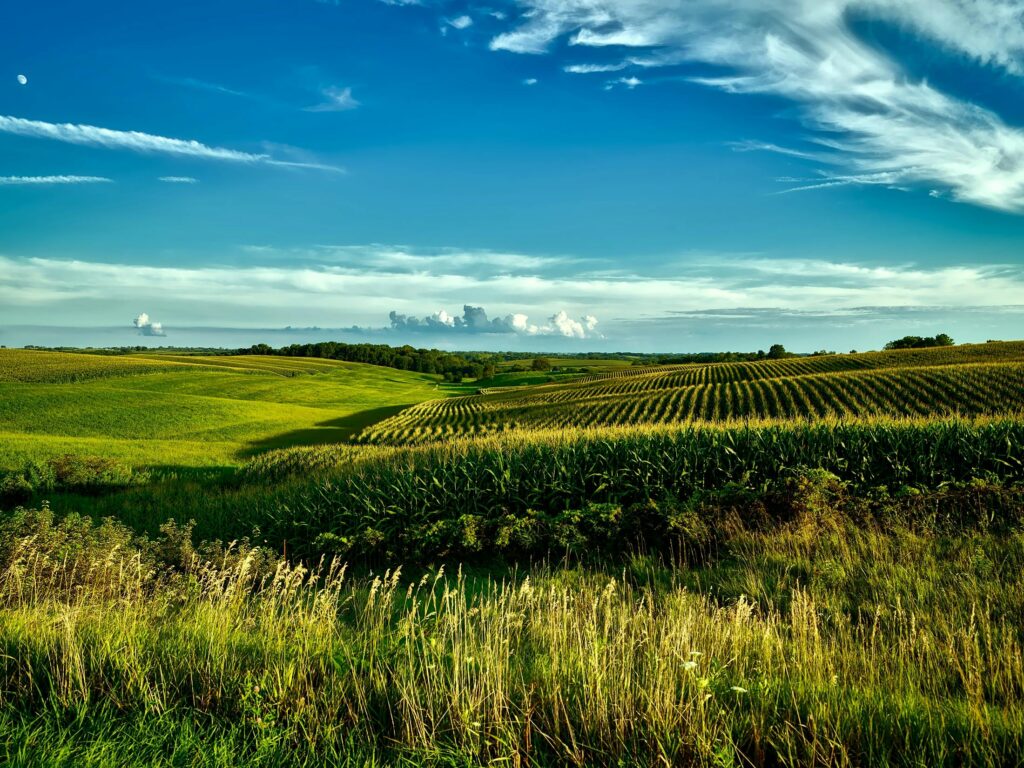
A traditional family setting with a house, some savings and a pension is often difficult to divide between two households but when the main asset is a farming business thorny issues can arise.
A farm is not only an asset of the marriage but is also the basis of the family’s income. Common problems that set them aside from a traditional non-farming case can include:
- That the farm may be owned by a corporation so may have third party interests, not just the husband and wife. Extended family often have a share in the ownership.
- Most farms are inherited through generations and are expected to be passed to the next generation. Splitting up a farm could be detrimental to the future of the parties’ children who may want to continue working in the business.
- The farm or part of it may be held in trust.
- Part of the farm may be rented out to long term tenants meaning that it would not be available to sell for many years.
- Selling the farm or even part of it will have an effect on the income of the family and this could include the income needed to provide for extended family members, not just the husband and wife.
- It can often be difficult to raise money by using the farm as security compared to just a residential property.
- Some of the farming income may come from a stewardship agreement or other schemes and these entitlements can be difficult to transfer from one person to another.
So, How Do The Courts Decide How To Split The Farm?
Courts still need to refer to the same rules regarding financial settlements as they do for a traditional family case. They are aiming to achieve fairness by considering the needs of the parties and any children. They will first look to see whether this can be achieved by an equal division of assets but there will be other factors to consider such as inherited assets and non-matrimonial assets and whether these should be ring-fenced or whether they will have to be used. This may mean that there is an unequal division of the farming business in favour of the spouse who will remain to run the business but only if the needs of the other spouse can be met.
What Can Be Done To Ensure A Fair Settlement?
It is important to obtain a thorough valuation of the farm and business. We also need to understand how the business works such as the family tree, the business structure, and ownership and occupation of the land. Creativity in how to divide assets in practice is also needed. Examples include:
- Selling some of the land to a neighbouring farmer to release money to pay to the spouse and then leasing it back so that the farming business is not affected.
- Transferring some land to the spouse so they have an asset but then leasing it back to the farm so the spouse has income from the land but the farming business is not affected.
- The exiting spouse may already run their own business on the farm so that part of the farm could be transferred to them which would provide them with an asset and continuing business but limit the impact upon the farm income.
- A lump sum could be paid in instalments to meet the mortgage payments of the exiting spouse.
- It may be that some of the land will have to be sold to provide a settlement to the exiting spouse so consideration of possible business restructuring after the settlement is important.
It is important to always keep in mind the need to preserve assets that may have been in a family for generations and the desire for that to continue onto new generations.
For further help please contact us on 0800 011 6666.




